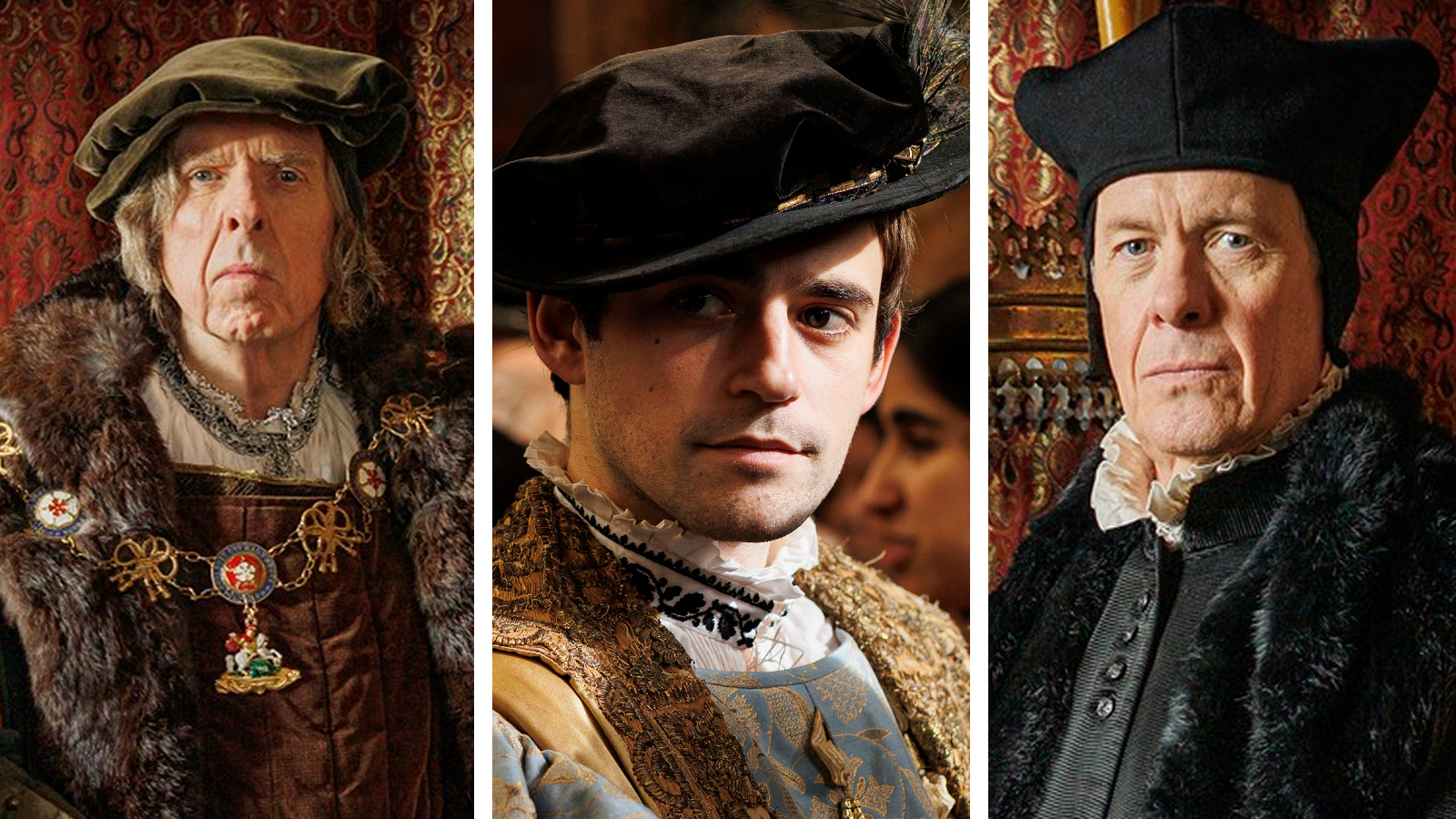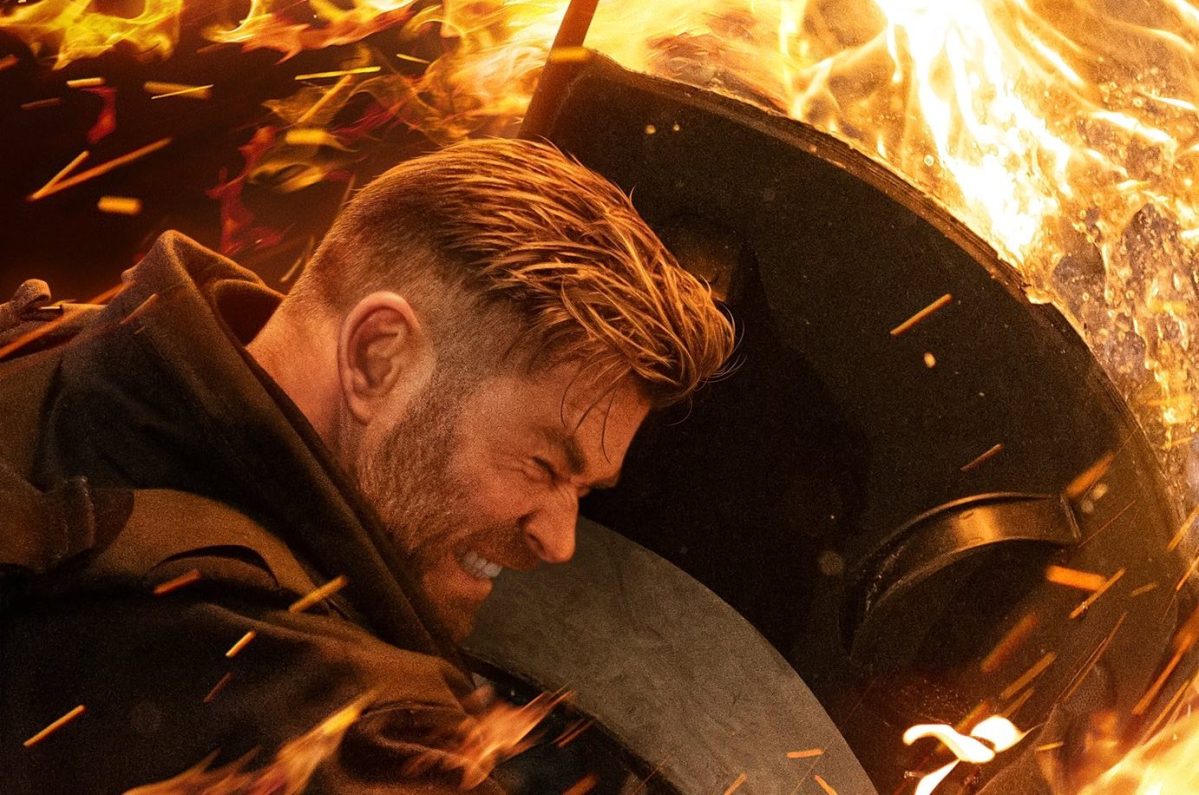With Kraven the Hunter now playing in theaters, Sony’s Universe of Marvel Characters (SUMC for short) has reached a tentative end. Unfortunately, this odd universe of films has ended not with a bang but a whimper, as Kraven the Hunter is as basic of a movie as we could get.
Directed by J. C. Chandor from a script by Richard Wenk, Art Marcum, and Matt Holloway, Kraven the Hunter feels much like the rest of the SUMC at this point, like a comic book movie from an entirely different decade. The film centers around Sergei Kravinoff (Aaron Taylor Johnson) and the relationship with his father, Nikolai Kravinoff (Russell Crowe), and younger brother Dimitri (Fred Hechinger) in a jumbled mess of an origin story that has some surprisingly strong thematic elements involving family, strength, and loyalty.
However, that’s as far as the positives go when this movie is concerned. While Kraven starts with an interesting opening sequence, there isn’t much to distinguish Taylor-Johnson’s “anti-hero,” a term I use loosely because there isn’t really anything morally ambiguous about this Spider-Man “villain” besides his killing. Thankfully, the film lays all its problems bare within the first 15 minutes of the film— there is an action sequence with shoddy visual effects, odd pacing with a flashback that feels like it takes up the majority of the movie, and some genuinely bizarre editing choices.

Kraven’s origin story in this film is just as contrived as anything else in the SUMC, albeit not as hilarious as the ones seen in Madame Web or as charming as Tom Hardy’s Venom. Sergei’s transformation into the Hunter involves a hunting trip with his father and brother after the death of his mother, in which a lion attacks Sergei after he doesn’t shoot it out of respect, but his father does. However, the attack that should’ve been fatal ends up playing a part in Sergei gaining powers, as the lion’s blood, mixed with his own, and some miracle medicine given to him by a young girl named Calypso who stumbles onto the scene, gives him all of his animalistic powers.
While this convoluted conception of powers is not “he was in the Amazon with my mom when she was researching spiders just before she died” levels of bad, it isn’t on par with 2008’s Iron Man either. Chandor’s film is an odd concoction of the landscape of the past and current comic book movies. One scene with barely resonant thematic beats and worldbuilding makes the film more like recent comic book adaptations, and the next suddenly has more similarities with something like 2005’s Elektra.
Among the supporting cast, Ariana DeBose as Calypso stands out the most like a sore thumb. The character, while played as best as she could by DeBose, is hardly given anything to do, and her placement in the story and background seems like it was a last-minute inclusion. Moreover, the inclusion of DeBose’s character and the rest of the supporting cast makes the movie and the creative team behind it seem so blissfully unaware, making the whole thing entertaining in a twisted way.
Related: A Kraven the Hunter Sequel Would Be Based on an Iconic Spider-Man Story

Rather than telling a coherent story, Kraven the Hunter plays out like a bunch of randomly shot scenes put together in the hopes that it looks like a sensible story. The Foreigner (Christopher Abbott) is a villain who’s just there to add to Sony’s seemingly never-ending list of obscure Spider-Man characters, wanders around and does his own thing until he contributes to the main plot in the last 20 minutes of the movie.
Another small bright spot in this film is Alessandro Nivola as Aleksei Sytsevich (aka Rhino), one of the rare performances of the film that is hilarious (on purpose) and quite fun. Nivola hams it up as the famous Spider-Man villain, and the design of The Rhino during the middle stages of transformation is fascinating— that is until it devolves into a poorly rendered CGI character. Systevich is looking to take over Kraven’s father’s empire, and this plot is followed loosely until the movie’s end with not much of a satisfying conclusion.
Dimitri, Kraven’s brother known better in the comics as the Chameleon, is a terrible adaptation of the Spider-Man villain, especially since the movie does horrendous ADR work to make it seem like Dimitri can vocally imitate anyone he wants to. Again, this instance harkens back to earlier comic book movies, before interconnected universes and self-serious storytelling prevented goofy interpretations of powersets like this.

The overarching struggle is really between Kraven and his father, Nikolai, and there are hints of an interesting film in the scenes between father and son. The themes and concepts of masculinity and gender roles are potentially interesting and even a bit more nuanced than what’s seen in a Marvel Studios film. Still, like anything else remotely interesting in Kraven the Hunter, it’s barely touched upon. Instead, viewers are treated to some of the most generic, cheap-looking, R-rated spectacles that Sony could afford before attempting to shut this whole universe down.
Taylor-Johnson, Crowe, and the rest do their absolute best with the flimsy material given to them, but the result is one final fascinating mess from Sony Pictures. While the SUMC is being put to a stop for now, this era of comic book adaptations will always be an incredibly fascinating experience. The almost oblivious nature of the production of every film in this off-shoot franchise has produced some of the best memes in recent memory, which will be missed for that alone. Kraven the Hunter wasn’t anything special, and its odd creative choices, bad CGI, and underused supporting cast all combine to make this final entry subpar.
Kraven the Hunter is now playing in theaters














Published: Dec 13, 2024 11:30 AM UTC